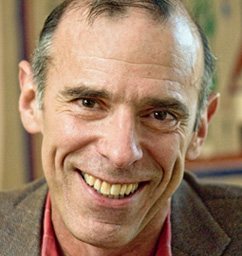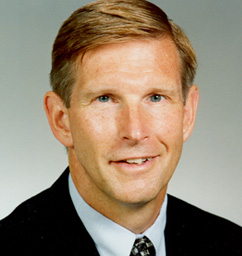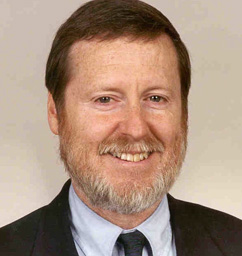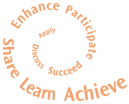Tony Wagner | 9am-11am
Ed.D., Harvard Graduate School of Education


 13
13 07
07
Teaching, Learning and Leading in the 21st Century
There is a new Achievement Gap: the gap between the new skills that all students need in the 21st century versus what is tested and taught even in our best schools. There is also a Learning Gap: the gap between how the Net Generation is learning and collaborating out of school versus what they do all day in classrooms.
In this presentation, Tony Wagner will help educators to understand these gaps and explore the most effective strategies for preparing all students for careers, college, and citizenship in the new global knowledge society.
Garth Tymeson | 2pm-4pm
Ph.D., University of Wisconsin-La Crosse


 13
13 07
07
Physical Education for Students with Disabilities: Legal and Practical Aspects of Quality Adapted Physical Education Program
This presentation will describe the short- and long-term benefits of physical activity for students with disabilities along with legal requirements and provision of services regulations based on IDEA 2004. Characteristics of quality and appropriate physical education services and programs will be discussed as well as common misconceptions and best practices of physical education for students with disabilities.
David Rose | 11:15am-1:15pm
Ed.D., Center for Applied Special Technology


 13
13 07
07
Universal Design for Learning: Present and Future Directions
Recent research in cognitive neuroscience reveals that what we call "learning" is highly diverse - both within and across individuals. One of the great advantages that digital learning materials bring to education is their flexibility, their ability to respond adaptively and positively to diversity. This presentation will present a cognitive neuroscience framework for understanding individual differences in learning, and provide some examples and guidelines for using digital learning environments that are effective in meeting the challenge of those differences.
























